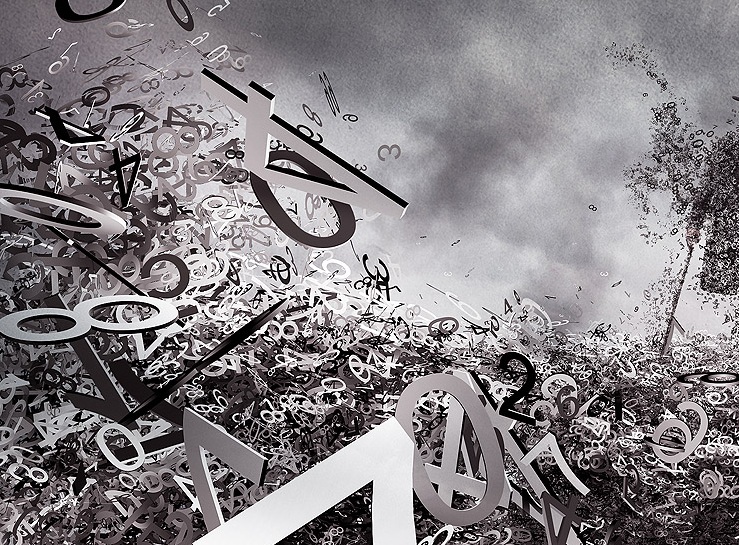From the year of
400 BC, Hippocrates, the father of the medicine talked about the origin of the
personality. He believed that four humours were the origin of the human
personality: according to him, black bile produces a melancholic person, the
yellow one (adrenaline) produces irritable and nervous people, the phlegm (a
fluid from the mucosa) was related with relax people and blood with optimistic
beings. Despite the centuries elapsed since then, the thoughts and research of
Hippocrates have repercussion in modern medicine and his theories about human
personality are still used in education systems of today world. Nevertheless,
there are other theories concerning about the personality and learning with
other classifications.
In particular,
it is interesting to ask how people from different personalities can learn
certain subject, let us say mathematics and other difficult sciences as
physics, statistics, computing, etc.
The denominated
traditional education consisted in an exposition by the teacher and
assimilation from the class spectators: the students. Nowadays, most of the
engineers, physicians and other science and mathematics related careers are the
fruit of such traditional education and everybody was happy with it.
However, other
professionals have not been very happy through the years, most of them related
with social sciences and in particular, psychologist and education researchers.
For them a change is urgently needed.
Why this
difference in thinking?
Well, one of the
facts in worldwide education is certain subjects with a high index of
reprobation and not assimilation like mathematics.
Why?
As a teacher,
one can find different personalities in the classroom and maybe this is a part
of the problem. There are structured thinking students and for them it is easy
to conceive structured ideas and learn mathematics, physics and chemistry, but
how about if they decide to study theatre?
Other students
enjoy the interaction with other people, helping them and love the team work as
it is needed in chemistry-biological careers. How about if they decide to work
as accountants?
There are
students that always look for a practical vision of the knowledge and can make
an easy connection between knowledge and application and money management,
ideal situation for administration and business careers. However, what about if
they decide to be physicists?
Or there are
disordered, passionate and creative students who mostly go to art careers, but
how about if they decide to be medical doctors?
And moreover,
what about the students who have a mixture of personality features? And, what
about the careers that has needed certain innovation far apart from its usual
history?
Albert Einstein
was not synonymous of order as it is expected in a physicist. However, his
creativity, original thinking and reject to traditional physics ideas left
science to go beyond it was until the beginning of the XX century.
Or the case of
Albert Durer, the German painting whose ordered and structured geometric thinking
were useful to create certain types of paintings and also to study mathematics.
What about
Avicena? He was good at diverse areas of knowledge as medicine, philosophy,
administration and mathematics.
Leonardo Da
Vinci was an extraordinary case in history being painter, sculptor, inventor
and scientist in medicine and physics.
The theories
that study personalities in the human beings have different classification that
could be useful for solving education problems in the world of today. Hoping to
come back to this situation in the future, here you have some reflexions to
answer:
Which one is
your personality?
Which did (do)
you want to study?
Do you like
traditional education? Why?






No hay comentarios:
Publicar un comentario